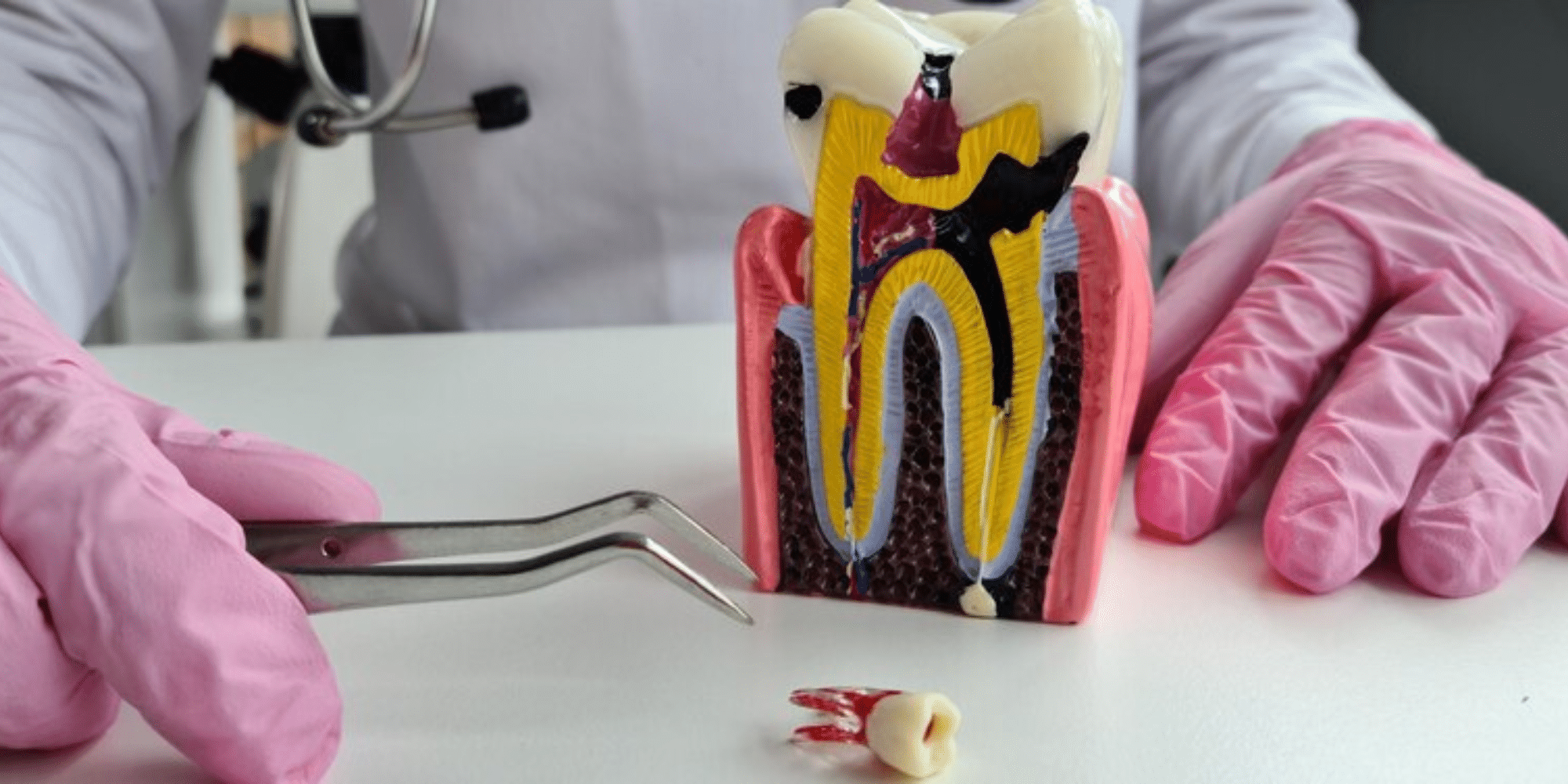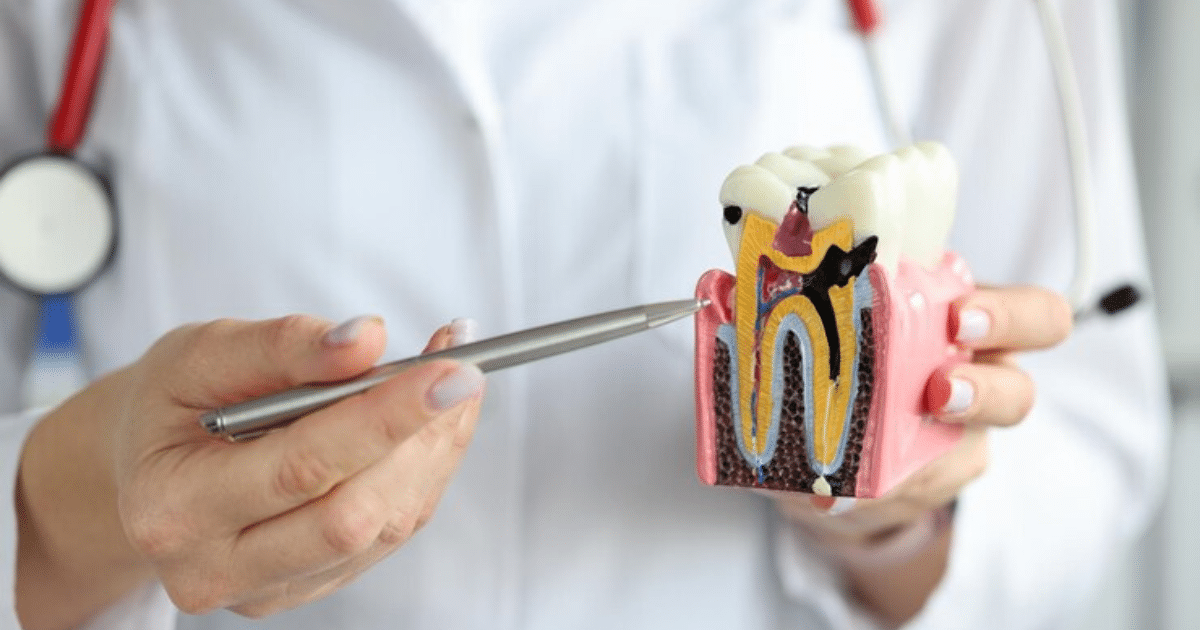
What to Do If a Root Canal Gets Infected?
A root canal treatment, also known as endodontic therapy, is a common dental procedure aimed at saving a tooth that has become infected or inflamed. Despite its effectiveness, there are instances where a root canal can become reinfected, leading to discomfort and potential complications. In this guide, we’ll explore what to do if a root canal gets infected, covering symptoms, causes, treatment options, and preventive measures.
Understanding Root Canal Infections:
Before delving into what to do if a root canal becomes infected, it’s essential to understand how these infections can occur. A root canal infection typically develops when bacteria invade the inner chambers of a tooth, known as the pulp. This can occur due to deep decay, a cracked or fractured tooth, repeated dental procedures on the same tooth, or trauma to the tooth.

Symptoms of an Infected Root Canal:
Recognizing the signs of an infected root canal is crucial for seeking timely treatment. Common symptoms include:
- Persistent pain: Pain that persists even after the completion of a root canal treatment may indicate reinfection.
- Swelling: Swelling around the affected tooth or in the surrounding gums.
- Sensitivity to temperature: Increased sensitivity to hot or cold foods and beverages.
- Discharge or drainage: Pus discharge or foul odor from the infected tooth.
- Gum tenderness: Tenderness or redness in the gums near the infected tooth.
If you experience any of these symptoms, it’s essential to consult your dentist promptly.
What to Do If a Root Canal Gets Infected:
If you suspect that your root canal has become infected, taking the following steps can help alleviate discomfort and prevent further complications:
- Contact your dentist: Schedule an appointment with your dentist as soon as possible. They will examine the affected tooth, assess the extent of the infection, and recommend appropriate treatment.
- Antibiotics: In cases of severe infection, your dentist may prescribe antibiotics to help eliminate the bacteria causing the infection. It’s crucial to take the full course of antibiotics as prescribed.
- Root canal retreatment: If the infection is confined to the root canal system, your dentist may recommend root canal retreatment. During this procedure, the previous filling material is removed, the canals are cleaned and disinfected, and the tooth is sealed again.
- Apicoectomy: In some cases, a surgical procedure called apicoectomy may be necessary to remove the infected tissue at the tip of the tooth’s root.
- Extraction: If the infection is severe and the tooth cannot be saved, extraction may be the only option. Your dentist will discuss replacement options, such as dental implants or bridges, to restore function and aesthetics.
Preventing Root Canal Infections:
While root canal infections can occur despite taking precautions, there are steps you can take to reduce the risk:
- Practice good oral hygiene: Brush your teeth twice a day, floss daily, and rinse with an antiseptic mouthwash to remove plaque and bacteria.
- Attend regular dental check-ups: Routine dental visits allow your dentist to identify and address any dental issues early before they progress to more significant problems.
- Address dental issues promptly: If you experience tooth pain or notice any changes in your oral health, don’t delay seeking dental care. Early intervention can prevent complications.
- Avoid trauma to the teeth: Wear a mouthguard during sports activities and avoid habits such as teeth grinding or biting on hard objects.
- Follow post-treatment instructions: After undergoing a root canal procedure, follow your dentist’s instructions for post-treatment care to ensure proper healing and prevent reinfection.
Dealing with an infected root canal can be uncomfortable and concerning, but timely intervention and appropriate treatment can help alleviate symptoms and preserve your oral health. If you suspect that your root canal has become infected, don’t hesitate to contact your dentist for evaluation and treatment. By understanding the symptoms, causes, and treatment options for root canal infections, you can take proactive steps to maintain a healthy smile for years to come.




